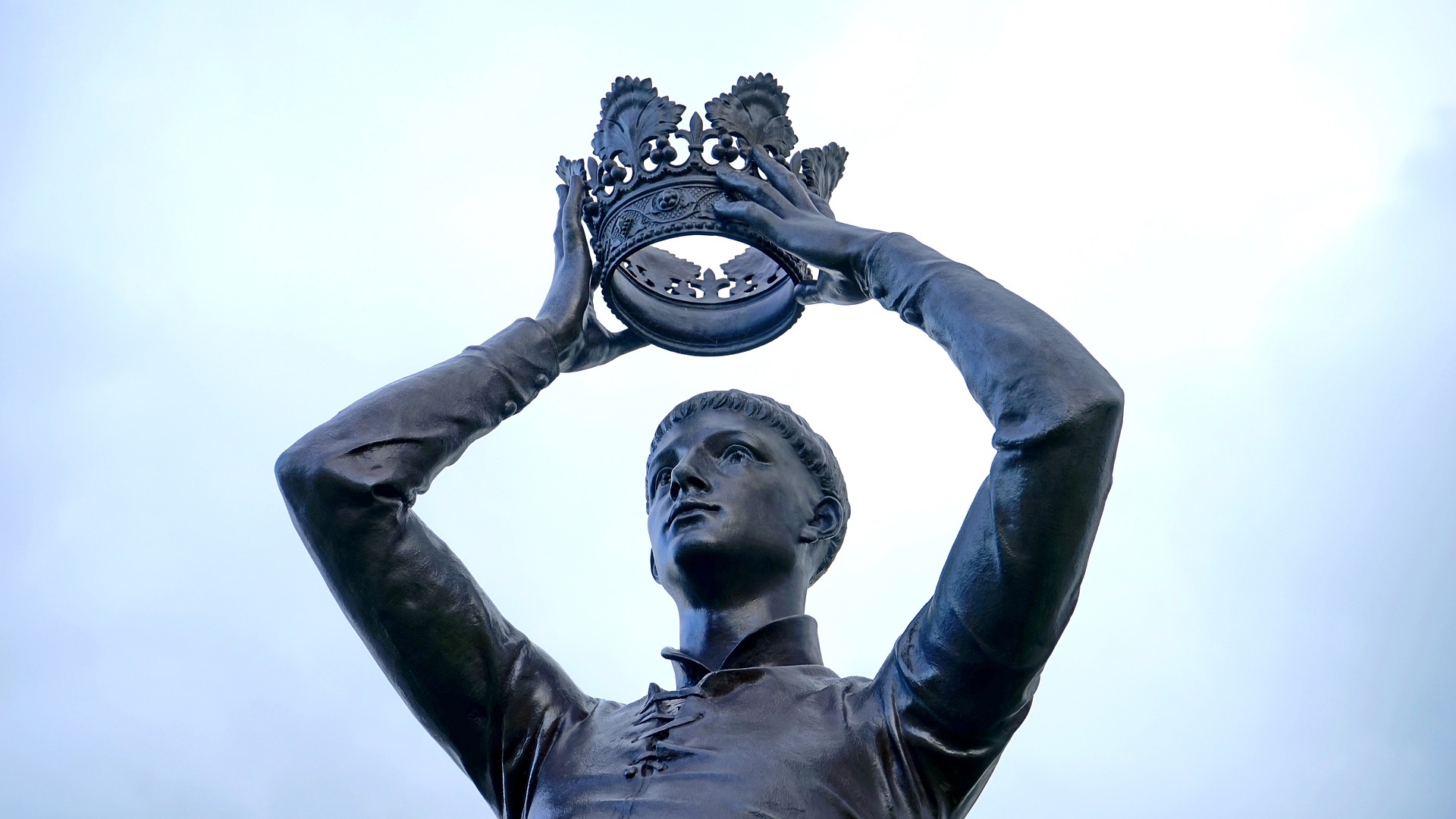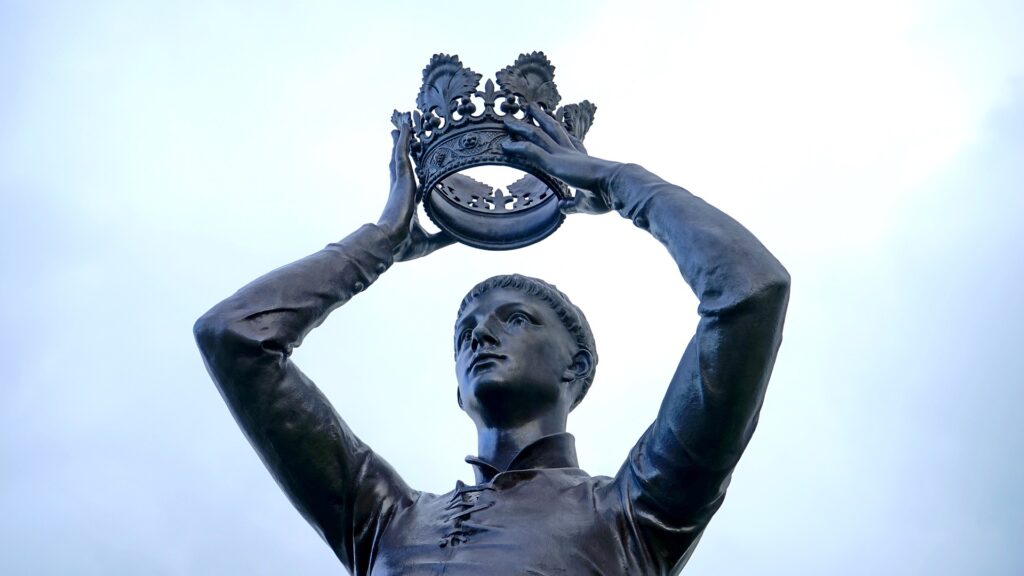Explore the theme of betrayal in King Lear. How do the characters in the play betray each other, and what are the consequences of their actions?

The Betrayal Game: Exploring the Theme of Betrayal in King Lear
Introduction:
William Shakespeare‘s play, King Lear, is replete with instances of betrayal, revealing the darkest aspects of human nature and the destructive consequences that follow. Through a web of treachery, deceit, and broken trust, the characters in the play betray one another, leading to their own downfall and the tragic unraveling of the narrative. This analysis will delve into the theme of betrayal in King Lear, examining the various manifestations of betrayal and the profound impact it has on the characters and the overall trajectory of the play.
Betrayal among Family Members:
- Goneril and Regan’s Betrayal of King Lear:
Goneril and Regan, Lear’s two eldest daughters, orchestrate one of the most significant betrayals in the play. Their manipulation and exploitation of their father’s love for personal gain are evident as they employ flattery to deceive him and strip him of his power. Goneril and Regan’s betrayal not only shatters Lear’s world but also exposes their own ruthless ambition and lack of filial loyalty.
“Old fools are babes again and must be used with checks as flatteries when they are seen abused. Remember what I have said” (Act 2, Scene 4).
- Edmund’s Betrayal of Edgar:
Edmund’s betrayal of his half-brother Edgar is driven by envy and the desire for power. By forging a letter that suggests Edgar plans to kill their father, Edmund manipulates their father’s trust and convinces him to banish Edgar. Edmund’s betrayal sets in motion a series of events that lead to Edgar’s exile and subsequent disguise as Poor Tom.
“Edmund, I arrest thee on capital treason; And in thine attaint, this gilded serpent” (Act 5, Scene 3).
Betrayal in Relationships:
- Kent’s Loyalty and Disguise:
While much of King Lear focuses on betrayal, Kent stands out as a beacon of loyalty. However, he does betray Lear’s trust in a calculated manner. Disguised as Caius, Kent remains in Lear’s service to protect him from the cruelty of Goneril and Regan. Kent’s betrayal of his own identity is an act of strategic loyalty, revealing the complexity of the theme.
“Now, banished Kent, if thou canst serve where thou dost stand condemned, so may it come, thy master whom thou lovest shall find thee full of labors” (Act 1, Scene 4).
- Cordelia’s Refusal to Flatter:
While Cordelia’s refusal to participate in the flattery game seems to be a betrayal to Lear’s ego, it is a betrayal of the false expectations he places on her love. Cordelia’s honesty and integrity contrast with her sisters’ deceit, showing that her betrayal lies in defying Lear’s desire for empty praise.
“Unhappy that I am, I cannot heave my heart into my mouth. I love your majesty according to my bond; no more nor less” (Act 1, Scene 1).
The Consequences of Betrayal:
- Destruction of Trust:
Betrayal erodes the foundation of trust among the characters in the play. Lear’s trust in his daughters is shattered, leading to his descent into madness. The breakdown of trust permeates relationships, leaving characters isolated and vulnerable to further manipulation. - Loss of Innocence:
The consequences of betrayal extend beyond the immediate victims. Lear’s betrayal by his daughters shatters his perception of familial love and the inherent goodness of human nature. The loss of innocence reverberates throughout the play, as characters are forced to confront the harsh realities of deceit and betrayal. - Psychological Impact:
Betrayal inflicts deep psychological wounds on the characters, causing emotional turmoil and psychological distress. Lear’s descent into madness can be seen as a direct consequence of the betrayal he experiences from his daughters. The emotional toll of betrayal is evident in Lear’s deteriorating mental state, as he grapples with feelings of abandonment, rage, and confusion. - Violence and Bloodshed:
Betrayal often leads to a cycle of violence and bloodshed in the play. The consequences of betrayal fuel a series of vengeful acts, further escalating the tragedy. Lear’s anger and sense of betrayal push him to seek revenge, leading to a tragic chain of events that culminate in numerous deaths, including those of Goneril, Regan, Cordelia, and ultimately, Lear himself. - Loss of Stability and Order:
Betrayal disrupts the social order and stability within the play. Lear’s abdication of his throne and the ensuing power struggle among his daughters create chaos and division in the kingdom. The betrayal of trust among family members undermines the natural hierarchy and authority, resulting in a breakdown of social order. - Reflection on Human Nature:
The theme of betrayal prompts a reflection on the darker aspects of human nature. Shakespeare explores the capacity for greed, manipulation, and selfishness that resides within individuals. The characters’ actions and the consequences of their betrayals serve as a commentary on the fragility of trust and the potential for corruption within human relationships.
Conclusion:
Betrayal is a central theme in King Lear, driving the narrative and shaping the characters’ fates. The play exposes the destructive nature of betrayal and its far-reaching consequences. Shakespeare portrays various forms of betrayal, whether it be the treachery of Goneril and Regan, Edmund’s manipulation, or the disguised loyalty of Kent.
The consequences of betrayal are manifold, leading to the destruction of trust, the loss of innocence, psychological turmoil, violence, and a breakdown of stability and order. Moreover, betrayal serves as a lens through which Shakespeare examines the complexities of human nature, shedding light on the darker aspects of greed, manipulation, and selfishness.
In King Lear, the consequences of betrayal highlight the fragility of human relationships and the inherent risks of misplaced trust. The play serves as a cautionary tale, reminding the audience of the importance of loyalty, honesty, and the value of genuine connections. Through the portrayal of betrayal, Shakespeare emphasizes the profound impact of broken trust and the tragic outcomes that result from the unraveling of human relationships.
*****
Read More: Questions and Answers from King Lear by William Shakespeare


